by Mike Haskew
Born November 30, 1874, to British politician Lord Randolph Churchill and Jenny Jerome, an American socialite, Winston Churchill rose to serve in Parliament and as Prime Minister of Great Britain from 1940 to 1945 and 1951 to 1955. Through force of personality, Churchill, energetic beyond his years, defied the Nazis and led the British people through the dark days of World War II. Churchill built a strong friendship with U.S. President Franklin D. Roosevelt and successfully solicited American aid through Lend Lease and other support. He recognized the threat that Hitler posed to the world and condemned the policy of appeasement pursued by his predecessor as prime minister, Neville Chamberlain.
[text_ad]
Winston Churchill: Master Orator
Churchill was known for his stirring oratory during World War II and delivered numerous speeches before Parliament, vowing that Great Britain would never surrender to the Nazis. While the British people endured the Nazi air raids against British cities that became known as the Blitz, Churchill toured the hardest hit areas and became a visible figure of hope and optimism. However, he has been criticized for interfering with military operations, particularly advocating the Allied landings in Italy to strike at the “soft underbelly” of Axis-occupied Europe. His plan for an amphibious landing at Anzio proved costly, and the Italian campaign was long and arduous.
As a young man, Churchill served as a correspondent during the second of the Boer Wars. He was captured and executed a daring escape. Embarking on a political career, he was appointed First Lord of the Admiralty in 1911, and during World War I his sponsorship of the disastrous Dardanelles Campaign and the resulting debacle at Gallipoli in 1915 led to his demotion to a minor government position. He subsequently resigned the post. Although he remained a member of Parliament, he chose to serve with the British Army on the Western Front in 1916, commanding the 6th Battalion, Royal Scots Fusiliers. Between the world wars, Churchill revived his political career, and on the day that Hitler invaded Poland, September 1, 1939, he was again appointed First Lord of the Admiralty. Following Chamberlain’s resignation in the spring of 1940, he was appointed prime minister.
A Symbol of Allied Resistance
Winston Churchill became symbolic of the Allied resistance to Nazi tyranny and was quite influential in the shaping of the post-war world along with Roosevelt and Soviet Premier Josef Stalin. He was voted out of office in 1945 but was reelected as prime minister six years later. He died on January 24, 1965, at the age of 90.

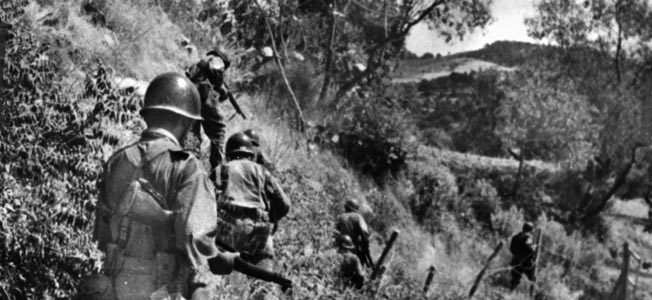
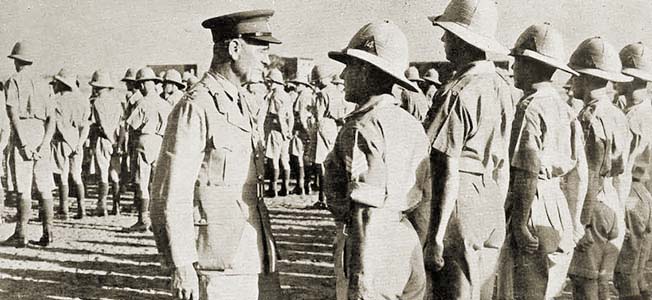
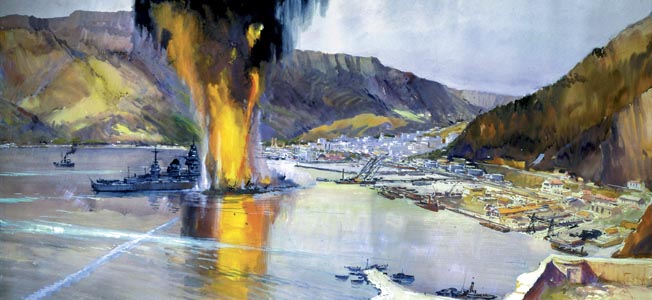

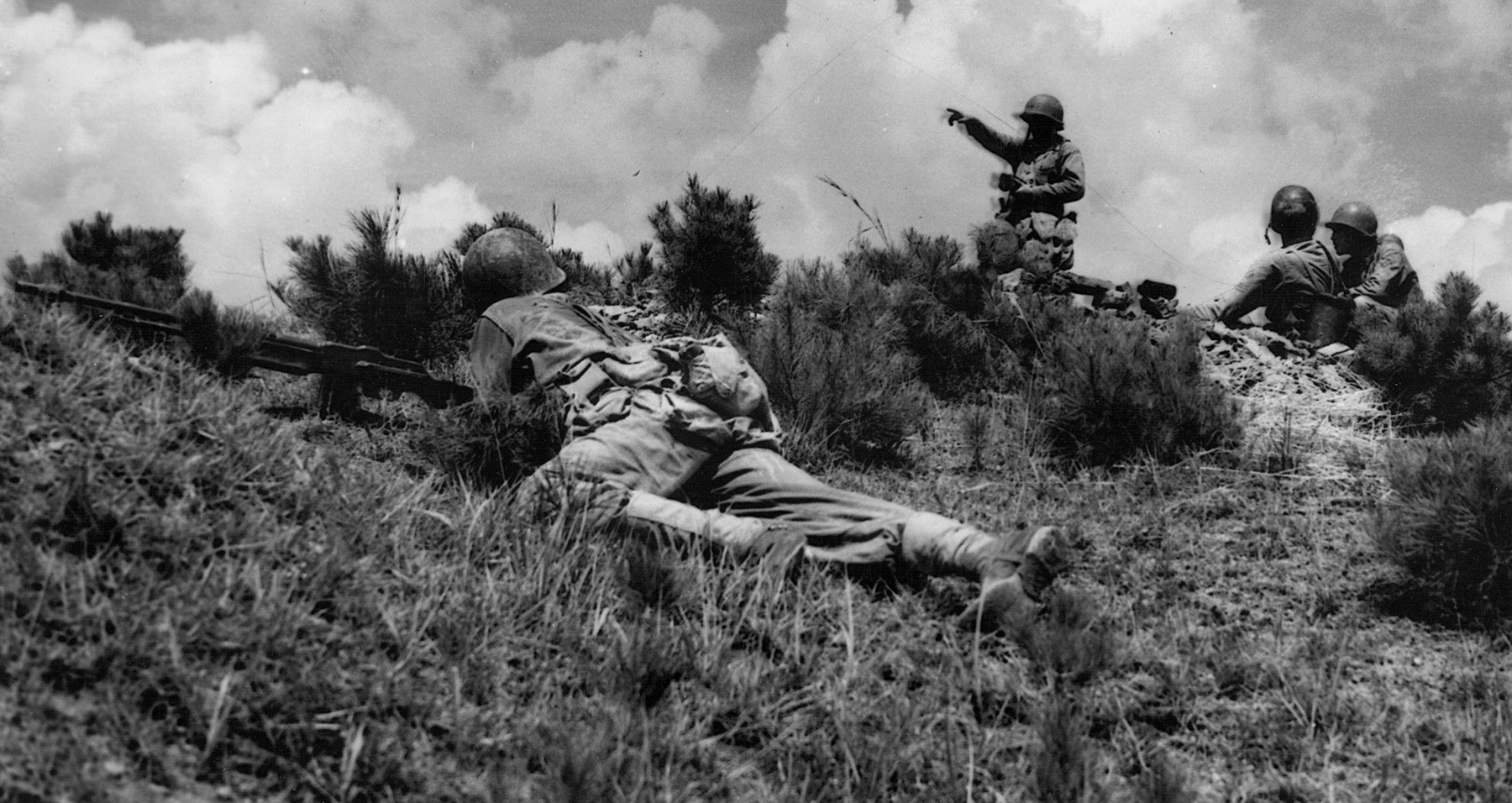
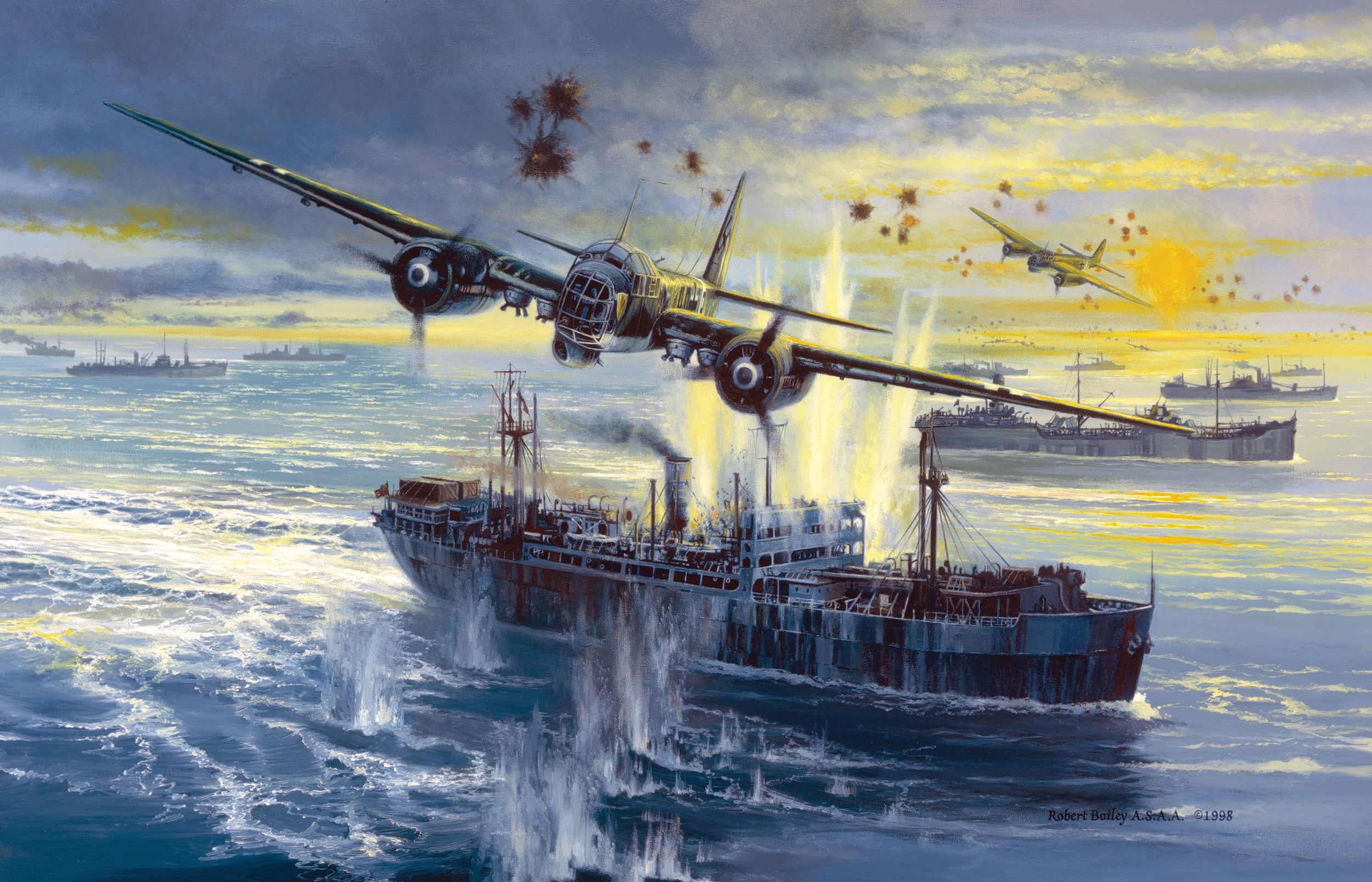
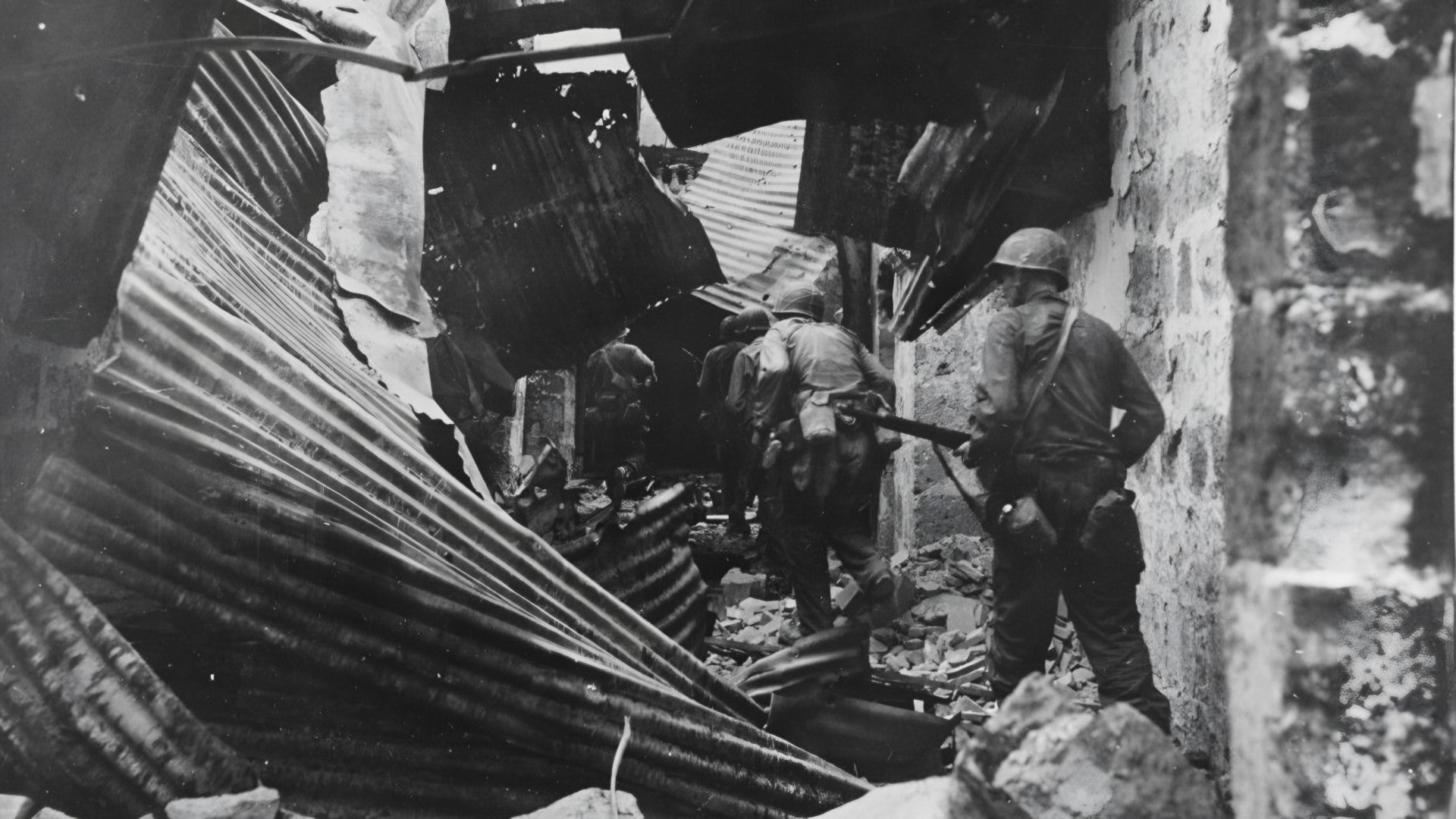
Join The Conversation
Comments
View All Comments